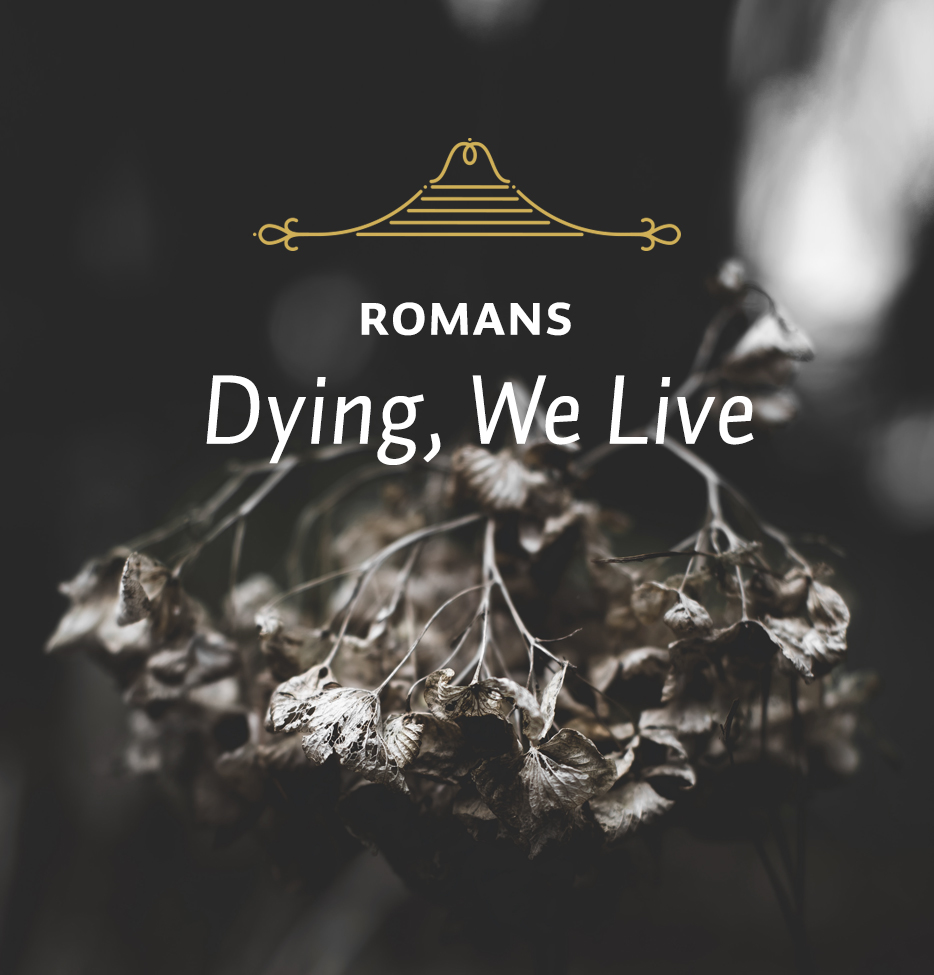Paul’s words in Romans 12:1-2 are an urgent appeal to us to do something, to offer ourselves as living sacrifices to God. This is not done for us. It is something we must do. This leads to the fourth and final foundational truth. It is the “obedience that comes from faith,” which Paul wrote about early in the letter, saying, “Through him and for his name’s sake, we received grace and apostleship to call people from among all the Gentiles to the obedience that comes from faith” (Rom. 1:5). So you see, again we are back to one of the great doctrinal teachings offered earlier.
What an interesting mental picture Paul creates for us in Romans 12:1. A sacrifice is something offered to God by a priest. A priest would take a sacrifice offered by a worshiper, carry it to the altar, kill it, pour out the blood, and then burn the victim’s body. In that procedure the priest and the offering were two separate entities. But in this arresting image of what it is to live a genuinely Christian life, Paul shows us that the priest and the offering are the same. Furthermore, we are the priests who present the offering, and the offering we present is our own bodies.
Is there a model for this in Scripture? Of course, there is. It is the model of Jesus Himself, for He was both the sacrifice and the priest who made the sacrifice. We have a statement of this in one of our great communion hymns, translated from a sixth century Latin text by the Scotsman Robert Campbell (in 1849). The first verse goes,
At the Lamb’s high feast we sing
Praise to our victorious King.
Who hath washed us in the tide
Flowing from his pierced side;
Praise we him whose love divine
Gives his sacred blood for wine,
Gives his body for the feast,
Christ the Victim, Christ the Priest.
I know there is an enormous difference between the sacrifice Jesus made for us and our own sacrifices of ourselves. Jesus’ sacrifice was an atoning sacrifice. He died in our place, bearing the punishment of God for our sin so that we might not have to bear it. His death was substitutionary. Our sacrifices are not at all like that. They are not an atonement for sin in any sense. But they are like Christ’s sacrifice in this at least, that we are the ones who make them and that the sacrifices we offer are ourselves.
And we remember this distinction too. In the Old Testament the priests made different kinds of sacrifices. There were sacrifices for sin, of course. They were those that looked forward to the death of Jesus Christ and explained it as a substitutionary atonement. These were fulfilled by Jesus’ death and are not repeatable. In this sense “we have been made holy through the sacrifice of the body of Jesus Christ once for all,” as the author of Hebrews says (Heb. 10:10). But in addition to the sacrifices for sin there were also what were called “sacrifices of thanksgiving,” which were exactly what they sound like—sacrifices by worshipers who simply wanted to thank God for some great blessing or deliverance. It is this kind of a sacrifice that we offer when we offer God ourselves.
Sacrifice? What an utterly unpleasant word for our day! Today no one wants to be a sacrifice, if they ever did. In fact, people do not want to sacrifice even a single little thing. We want to acquire things instead. But this is where the Christian life starts, all the same. It is God’s instruction and desire for us, and it is “good, pleasing and perfect” even if it does not seem to be that now or ever.
So will you trust God that He knows what He is doing? Will you believe Him in this as in other matters? If you will believe Him, you will do exactly what the apostle Paul urges you to do in Romans 12. You will offer your body as a “living sacrifice” to God and thereby prove that His will for you is indeed utterly “good, pleasing and perfect.”






